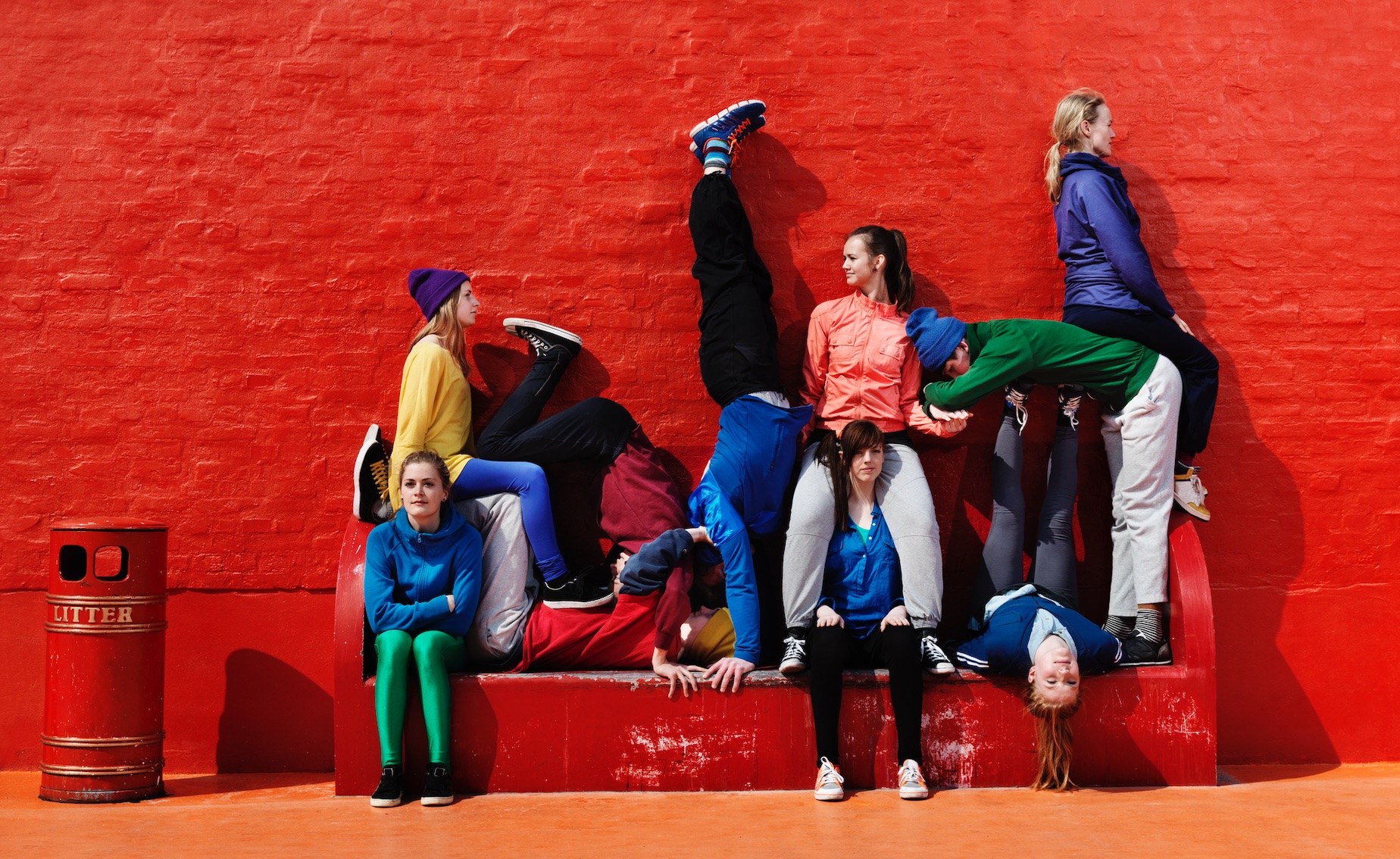Should the Government tax the sale of digital devices to support visual artists? Thousands of British artists, organisations, and visual arts industry workers have signed an open letter calling on Culture Secretary Lisa Nandy to do just this, among a raft of other new measures aimed at supporting the sector amid challenges from the digital revolution and an uncertain financial environment.
It is unsurprising that visual artists are nervous in the digital age. When someone can reproduce your work without attribution simply by clicking Ctrl+P, how is any creator supposed to make a living? Add in generative AI and the situation is dire. Not long ago, for example, the image editing software firm Adobe launched an ad campaign — presumably targeted at businesses — promising that they can now “skip the photoshoot” by using Adobe’s new AI-based generative background tools. In other words, Adobe is now boasting to one of its customer groups — businesses — about its power to replace another customer group, the presumably less profitable one of photographers themselves.
But is yet another tax really the answer? The letter is backed by the Contemporary Visual Arts Network (CVAN) lobby group, originally founded by the Arts Council, plus the royalty-collection nonprofit Design and Artists’ Copyright Network (DACS). DACS manages royalty payments for artists; according to the Guardian this body would then distribute the funds raised by this proposed new levy. A cynic might wonder if there’s something a touch self-serving about a nonprofit proposing to add millions to its own coffers by asking the Government to shake down consumers for money it can then distribute at its own discretion.
But even leaving this self-licking ice cream cone aside, who would actually receive these payments? How would worthiness be determined? It’s true that many visual artists earn a pittance, and that generative AI poses a threat to the already slender earnings available to many jobbing visual creatives. What’s less certain is that a “royalty” fund collected by Government and administered by quango would make much difference to this kind of marginal creator, especially given how endemic and difficult to trace unattributed use of visual artwork is even before you get to AI. What seems more likely is that the money would end up going to higher-profile artists who already have name recognition, empowering those already established and leaving the long tail of creators as skint as ever.
And, importantly, how partisan would this process be? The proposal is vulnerable to becoming just another patronage network, distributed by insiders based on their preferred political criteria — which, going by the Arts Council’s notoriously ideologically partisan existing form, and similar statements on the CVAN website, would likely be as Schmittian as you’d imagine.
The proposal in the open letter with the greatest potential to liberate artists from poverty, and the world of art from the quangos’ progressive chokehold, is reforming the tax environment to incentivise philanthropy. I dream of a radically decentralised ecosystem for fine art, in which private citizens could treat such purchases as tax-deductible, just as corporations can, short-circuiting the quango ecosystem and opening new, intimate vistas of pluralistic creative patronage. But this is likely to remain just a dream. For the Government, this would imply not just lowering taxes but also loosening the state’s existing power to shape the creative industry’s political parameters and messaging output, a proposal that has, for our now firmly post-liberal regime, no obvious upside.
Nothing so worldview-shaping as the art world can safely be left entirely to its own political devices. So however well-intentioned in conception, mugging smartphone shoppers to raise money for starving artists would, in practice, likely end up becoming something a little like the modern BBC. That is: another compulsory, state-backed obligation to contribute financially toward our own propagandisation.











Join the discussion
Join like minded readers that support our journalism by becoming a paid subscriber
To join the discussion in the comments, become a paid subscriber.
Join like minded readers that support our journalism, read unlimited articles and enjoy other subscriber-only benefits.
Subscribe